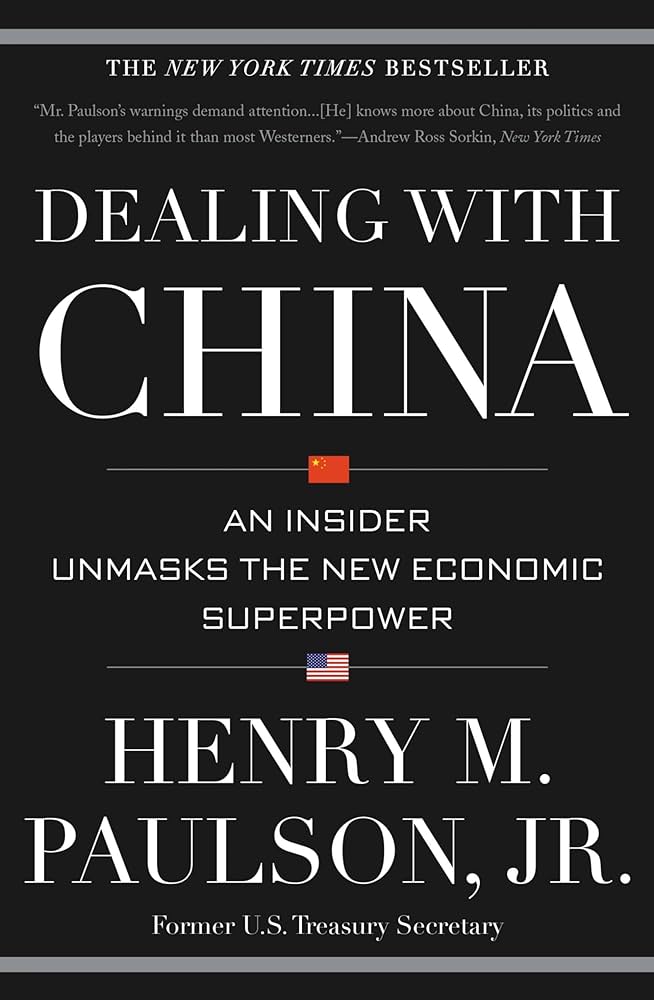
Henry M. Paulson, writing in the first-person narrative, makes everything look breezy. Unimpeded traffic into China, intimate meetings with the makers and shakers of China and ultimately getting the endorsement from President George Bush to create the “Strategic Economic Dialogue.”
But the reality is of course more than meets the eye. China believes it can be the global power; if not a model on what Eastern development means. Thus, notwithstanding the environmental catastrophe that has dawned on China, especially its coastal areas, Beijing believes it is not what David Shambaugh calls a “partial power” but a true titan. More importantly, it also believes that having bought USD 1.3 trillion of treasury bills from America, it is its biggest banker and creditor; therefore theUS should be more humble before China.
Such Chinese sensibilities are akin to the Qing Emperor’s demand that all foreign dignitaries kowtow to her. While not exactly Lord McCaulay who refused to kowtow, Hank Paulson averred that there is a need for much respect between the US and China. Despite the reverential tone of the book, it is clear that it is a warning to China that high officials of America do “get it.”
The first chapter, for example, begins with Hank Paulson meeting Zhu Rongji, the economic czar of China in 1997. There are also snippets of conversation between Tung Chee Hwa, the first Governor of Hong Kong after the handover, on how Goldman Sachs can lend a helping hand to the development of pricey estates in Wang Fu Jing in the heart of Beijing. In other words, China should also listen to the US for a win-win partnership.
But, “Dealing with China” is a book shaped and formed by much high official bias. The real China is messy and mystifying. Who would have thought that President Xi Jing Ping would crack down so hard on corruption? Hank Paulson, granted the benefit of one optic, and one optic only, argues that China is a country that is constantly on the go. At the rarefied heights of Chinese politics, mere words are enough to get things done, as Hank Paulson would have it.
To be sure, the Chinese Communist Party, having consolidated its power in Beijing and the provinces, does not suffer fools gladly. “Dealing with China,” reads more like dealing with the high officials of the Chinese Communist Party. It is not a standard guide of China in the complete scope of the word.
